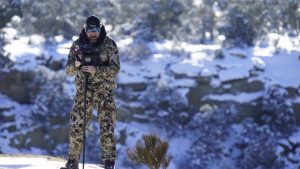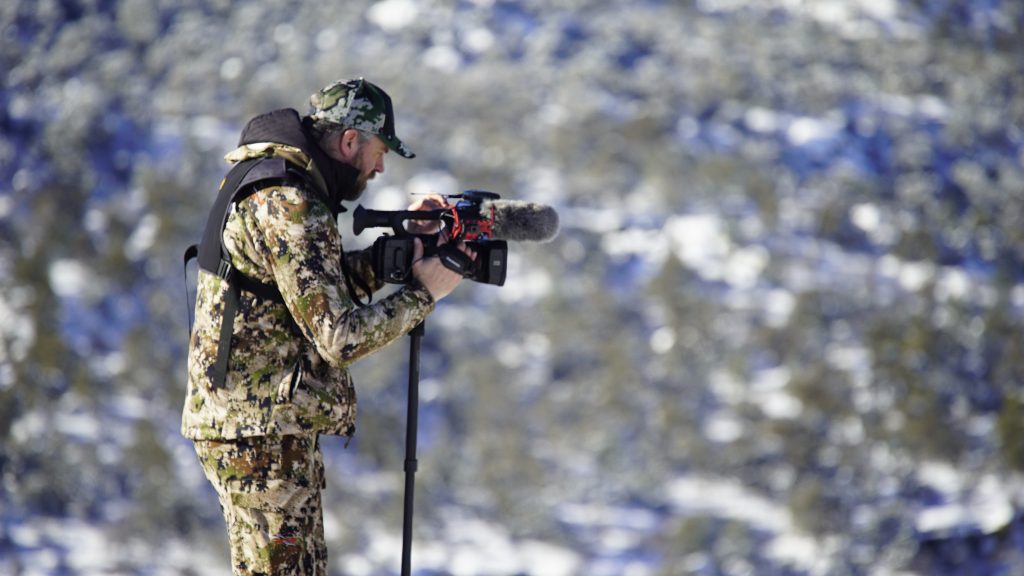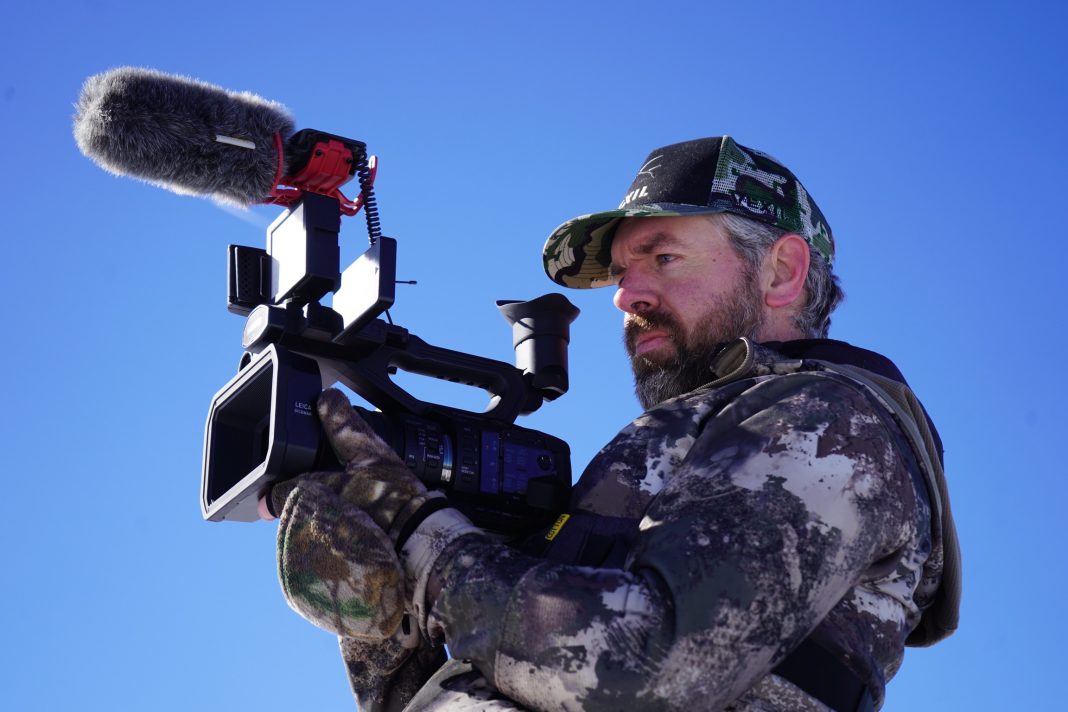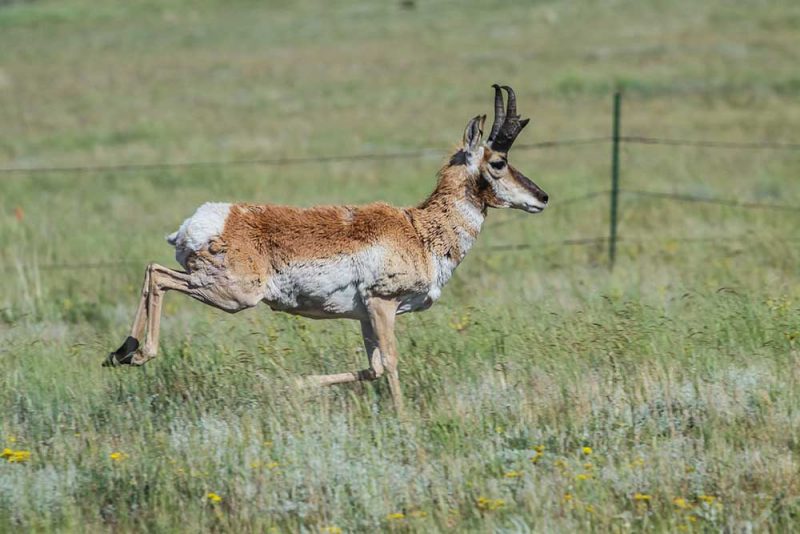We live in a world where everything we do can be documented. With the development of affordable high-tech devices and myriad social media platforms, the way that we hunt is changing. From cell phones to drones, the possibilities of how we document our outdoor adventures are endless. We need to keep in mind that what we choose to document is now subject to a larger population. This can have both positive and negative repercussions. It has become vital that hunters properly educate themselves about film regulations for the areas in which they hunt.

For example, in Colorado, it is illegal to use drones or other RC flying devices during hunting season, even though federal rules say that it is permitted. In most cases make sure to follow the regulations set up by the state in which you are hunting. In Colorado, you are not allowed to attach electronic devices on a bow or muzzleloader – including cameras.

He said that when he saw it he found no laws had been broken. He told me he enjoyed the footage but cautioned me to be very careful of what I post because the Division of Wildlife takes violation reports seriously.
Filming is a great way to show others the story of our outdoor adventures and expose them to more than just a photo after a successful hunt. However, if you are thinking about using your media to earn income or promote a product while on public land, make sure you check both state and federal filming laws. Because the better we are on following laws like this, the better we will be in protecting our hunting privileges.
If you would like to know more about this topic, these links should get you started:
















Great article and great info. We film our hunts and post them on YouTube, at this point we have not monetized them for gain. Is there a place out there where a guy can find all the information about filming for gain for each state? What does it cost to get the permits to film for income?